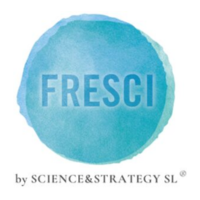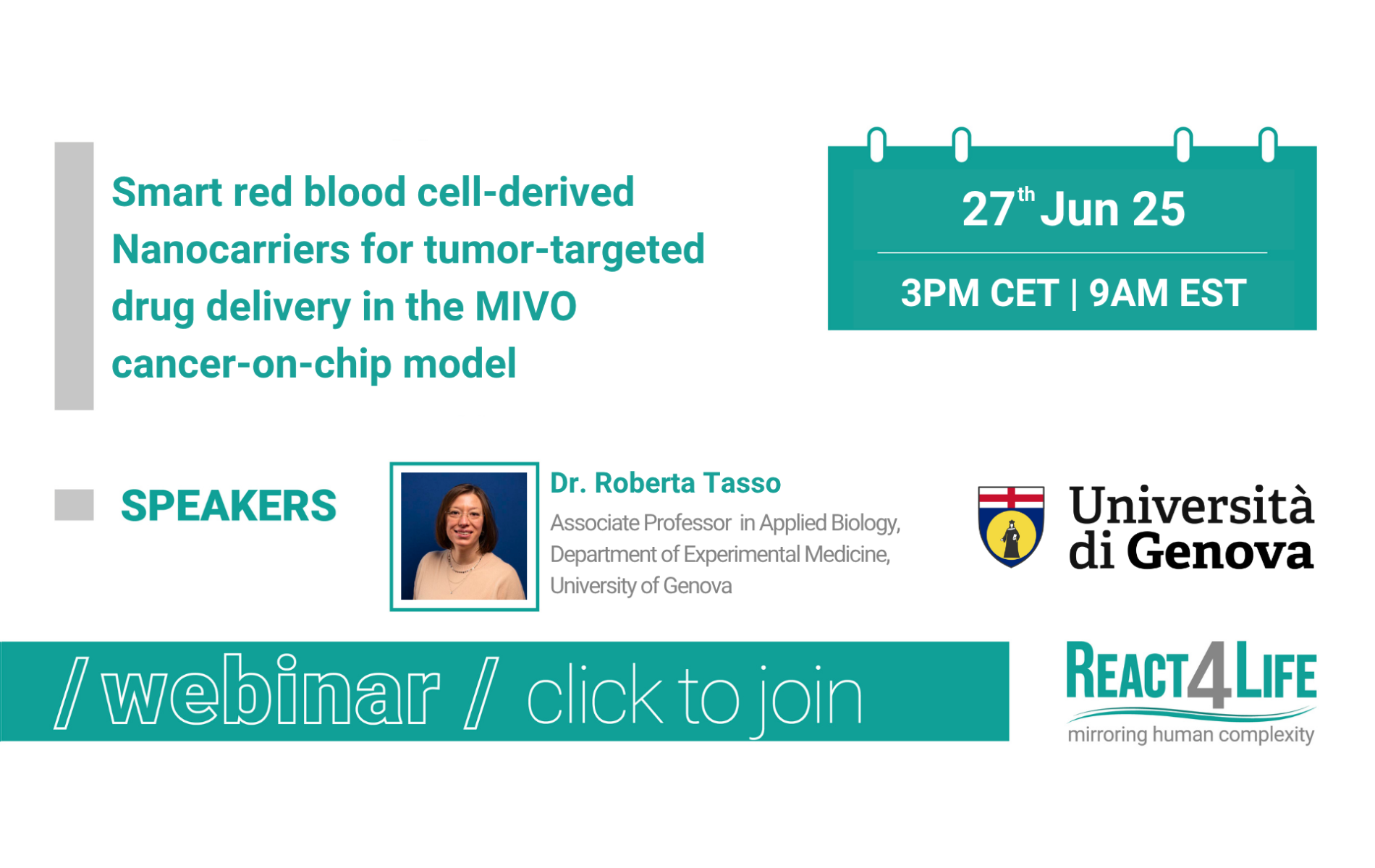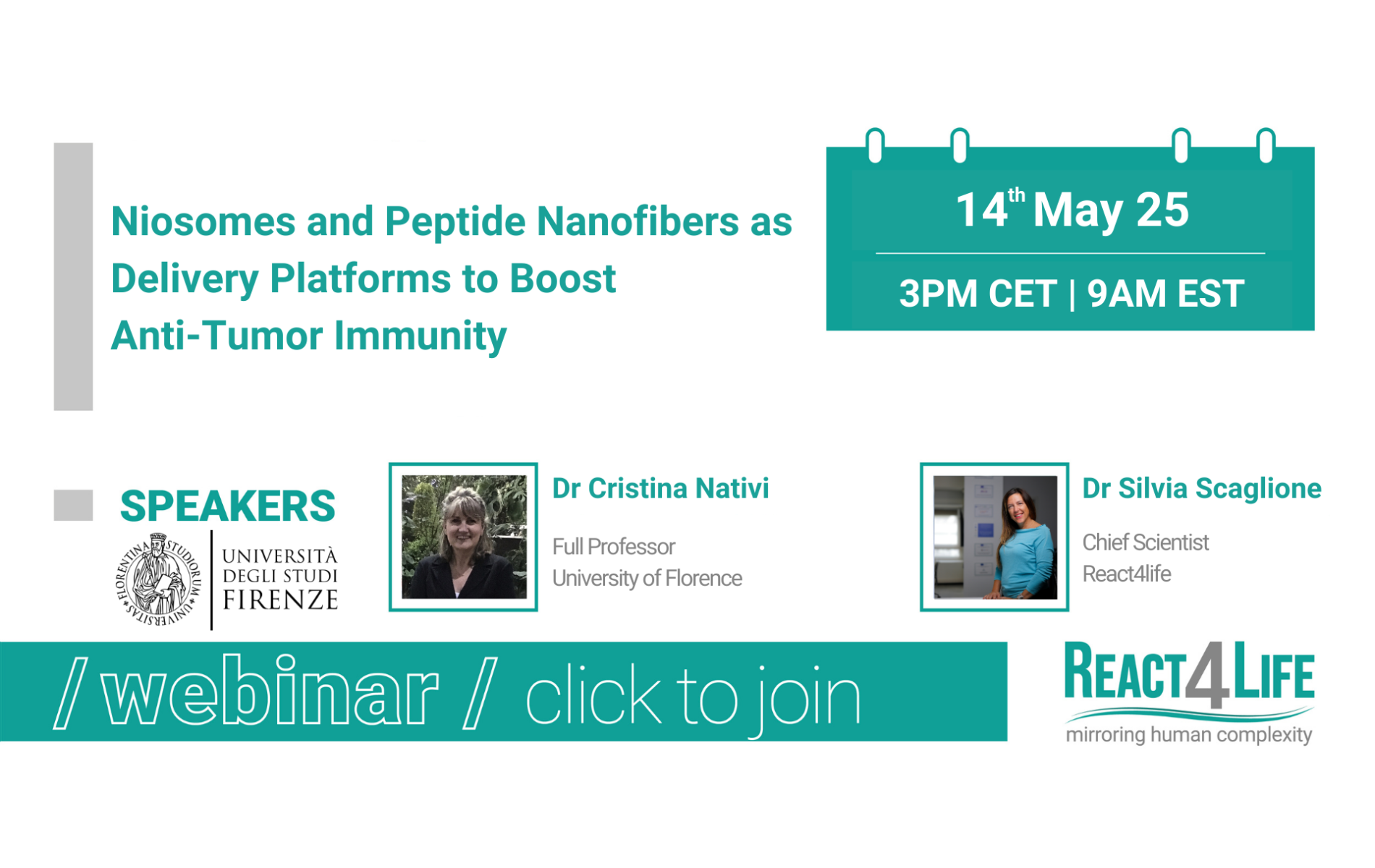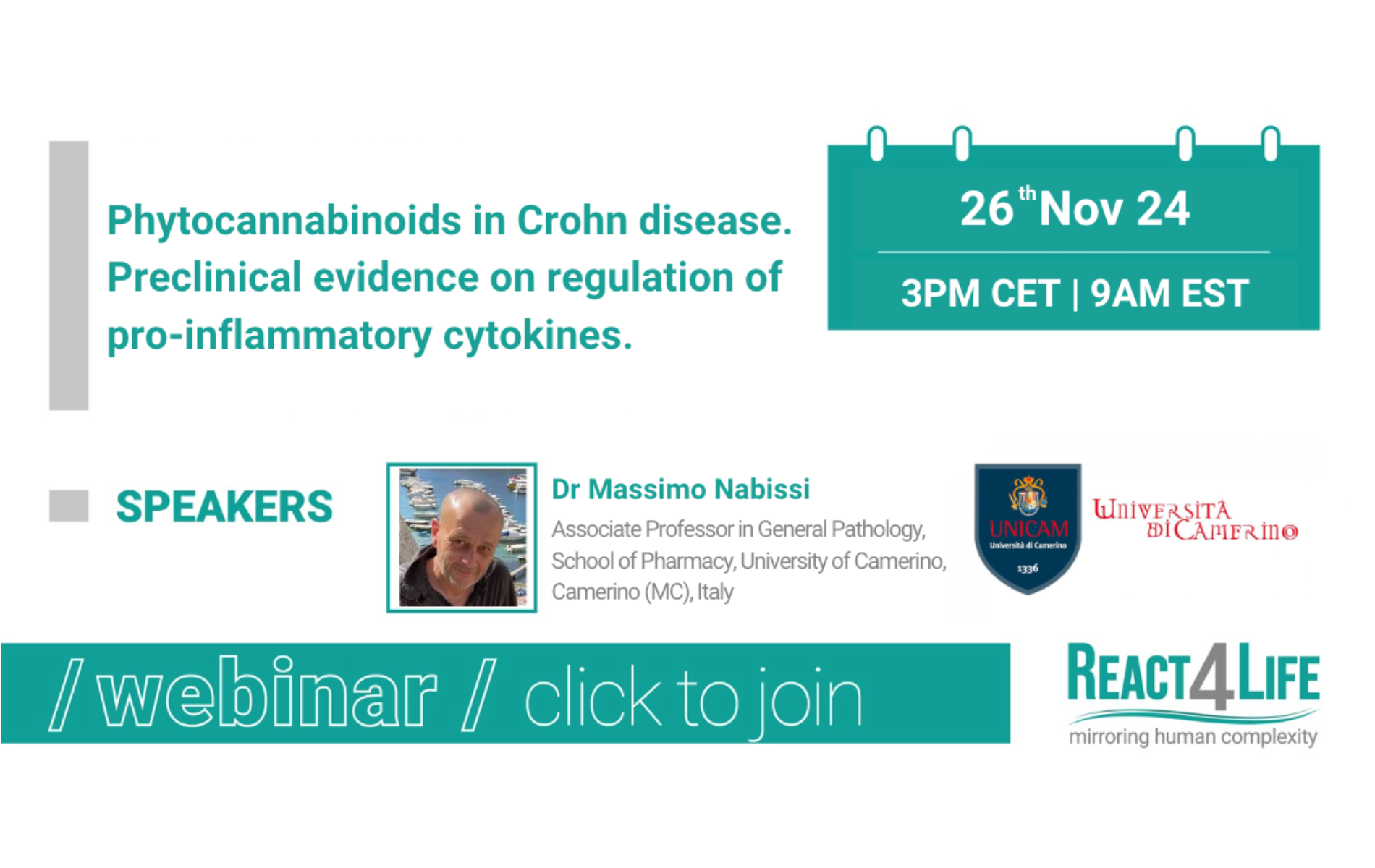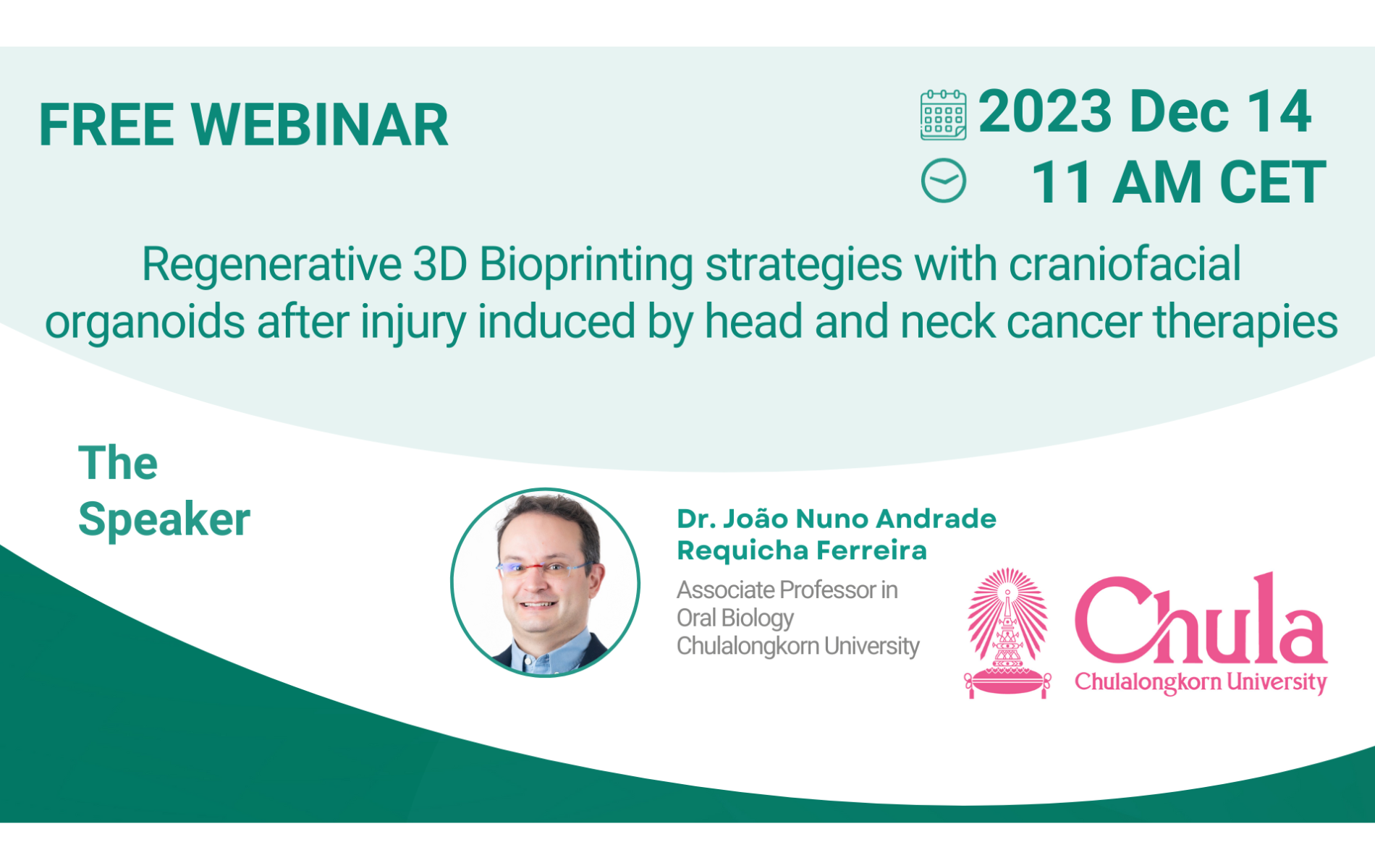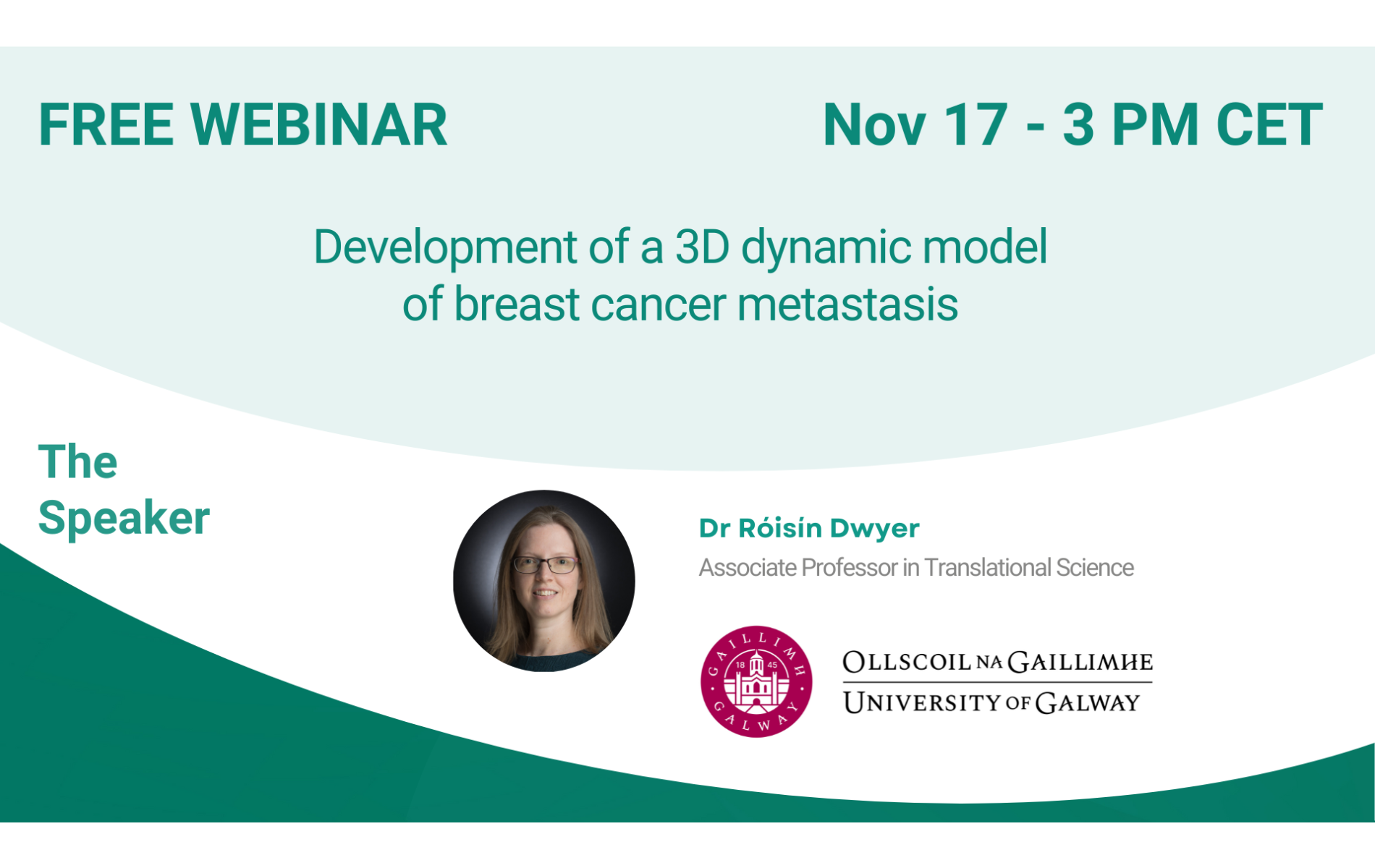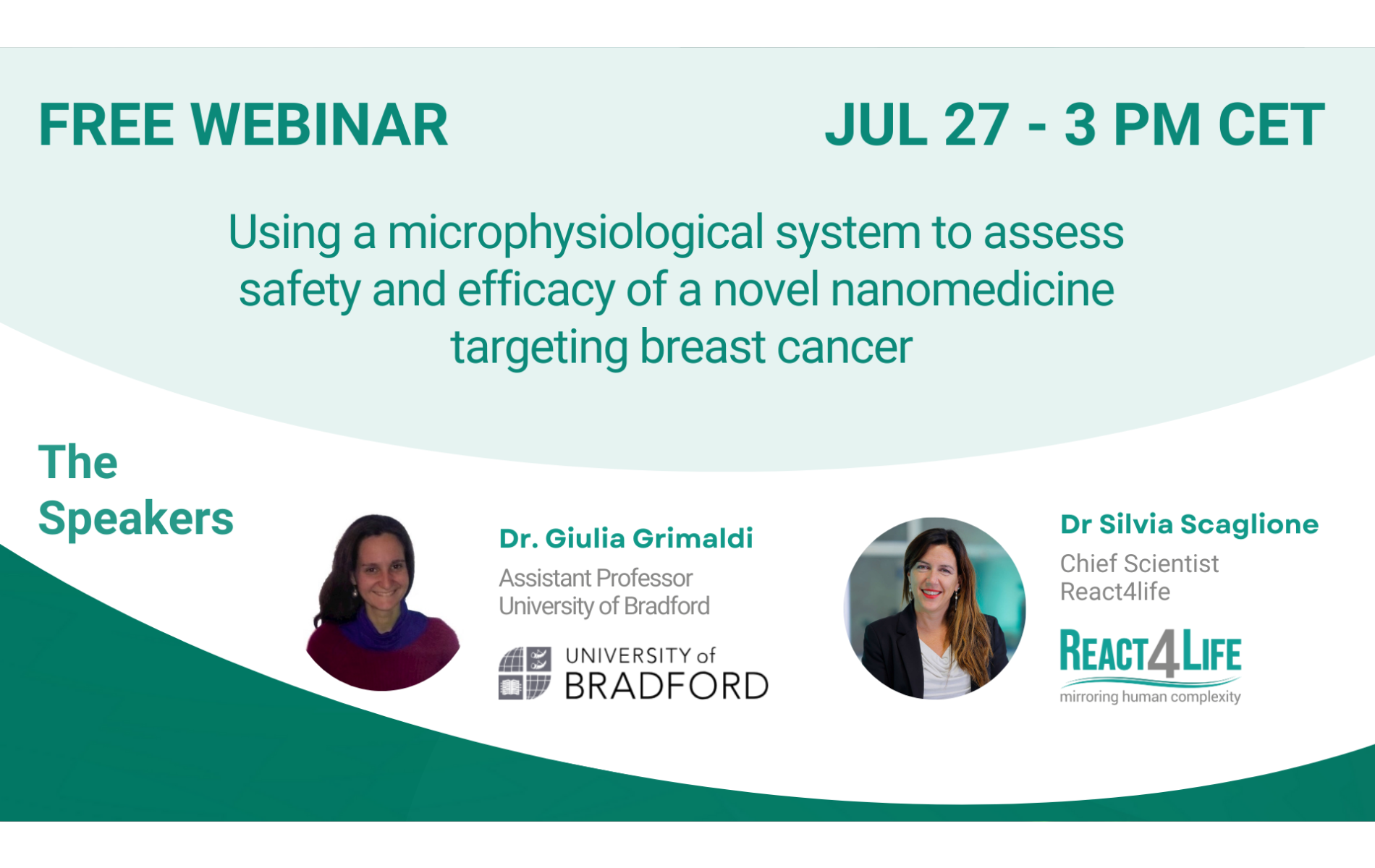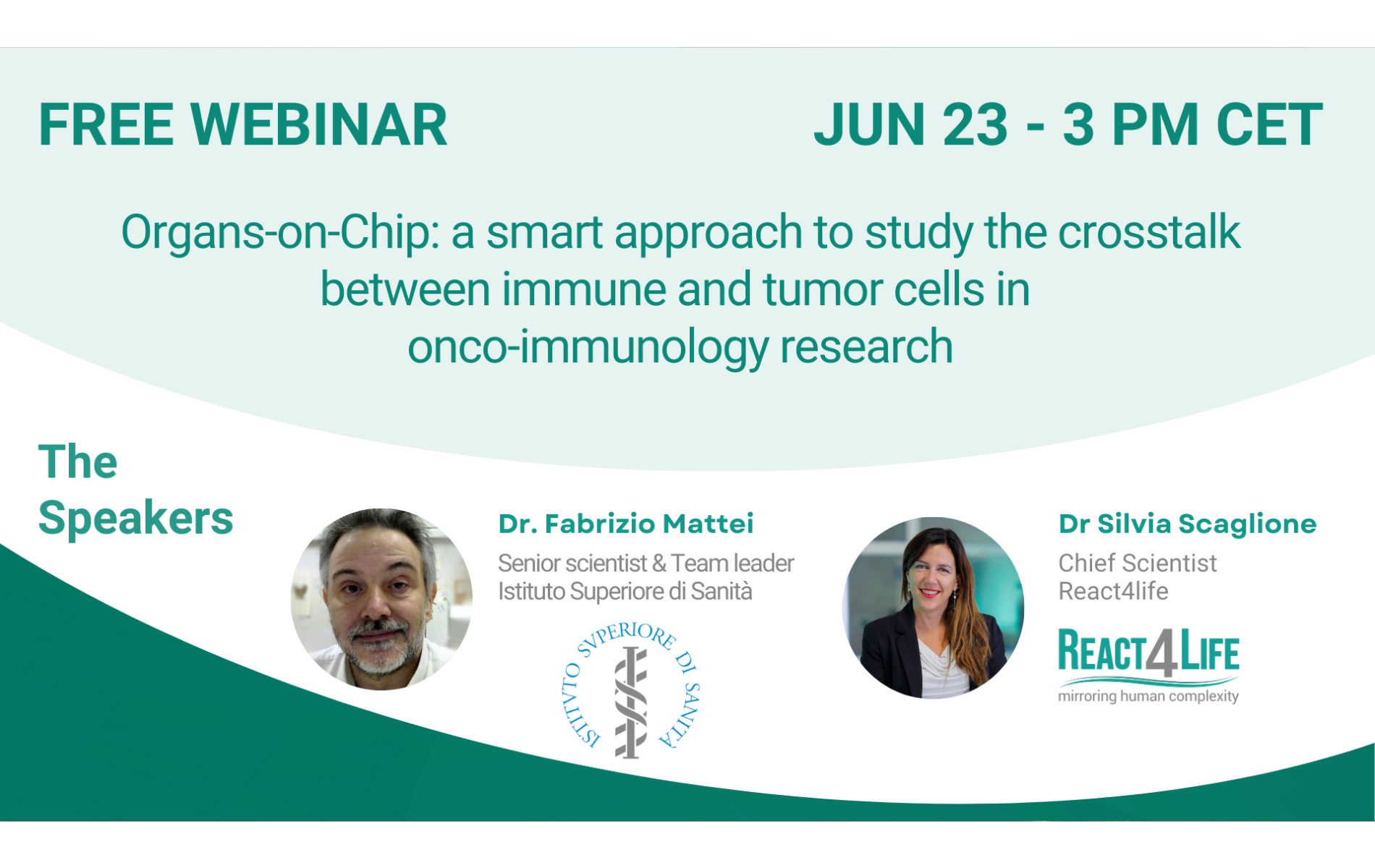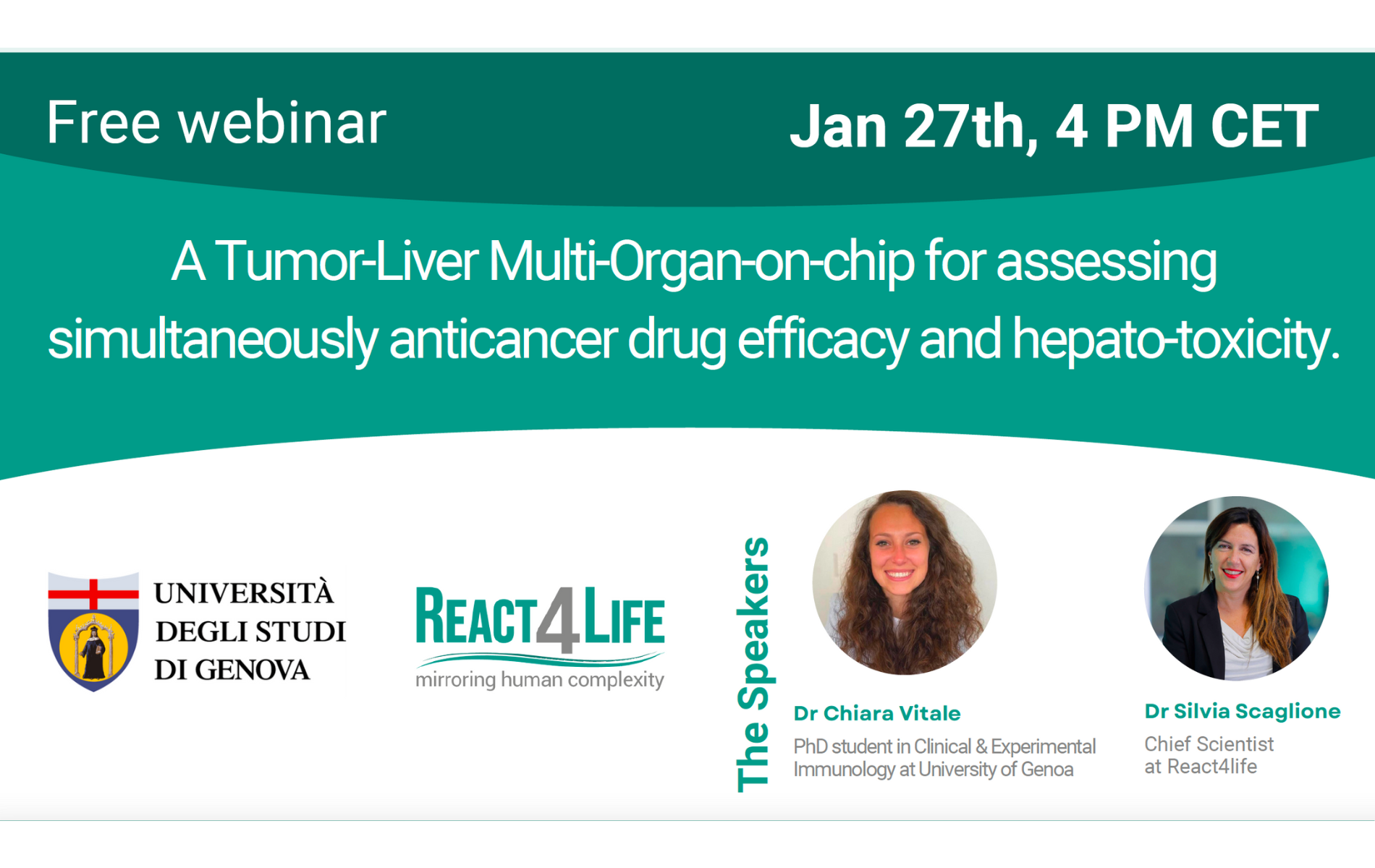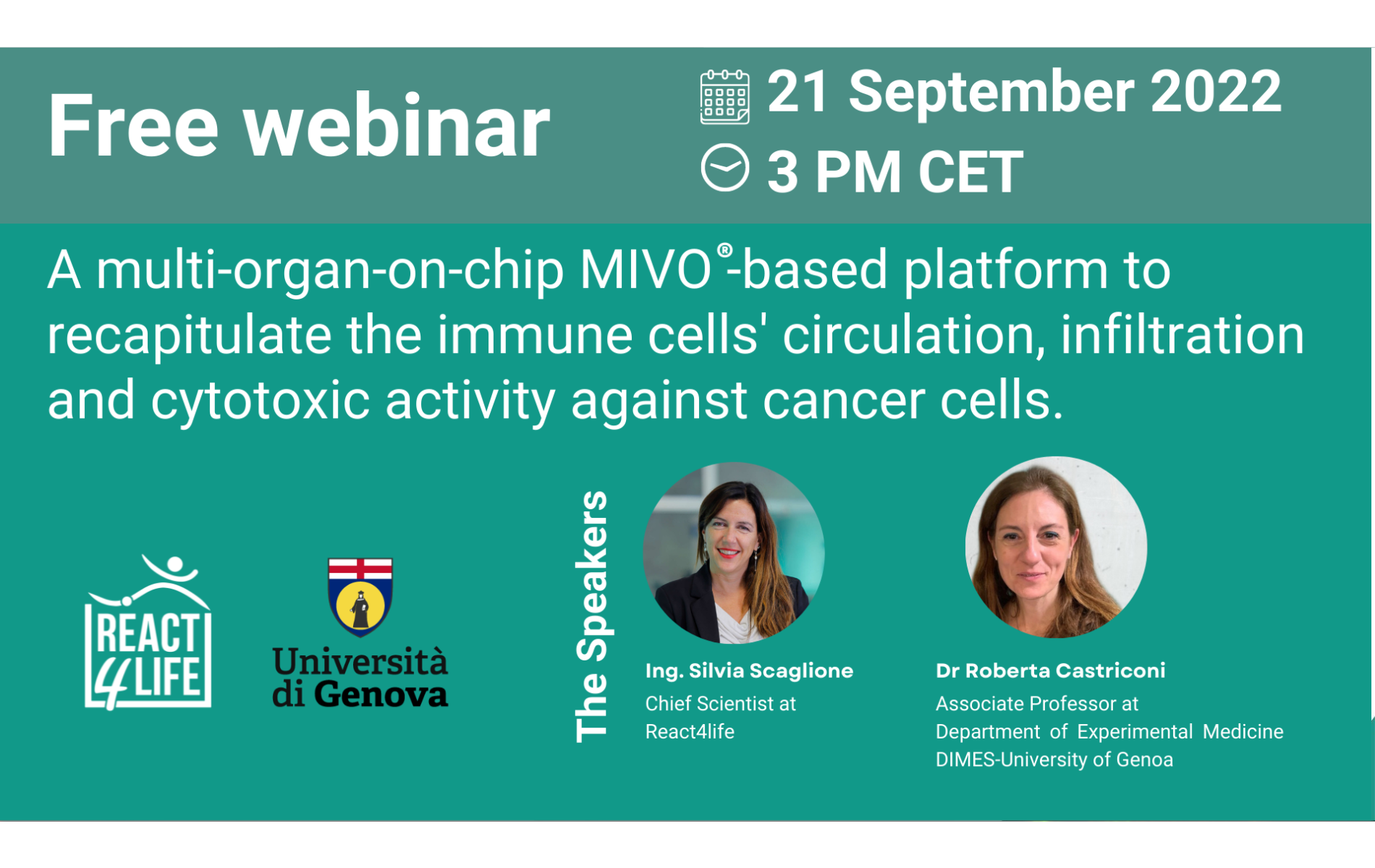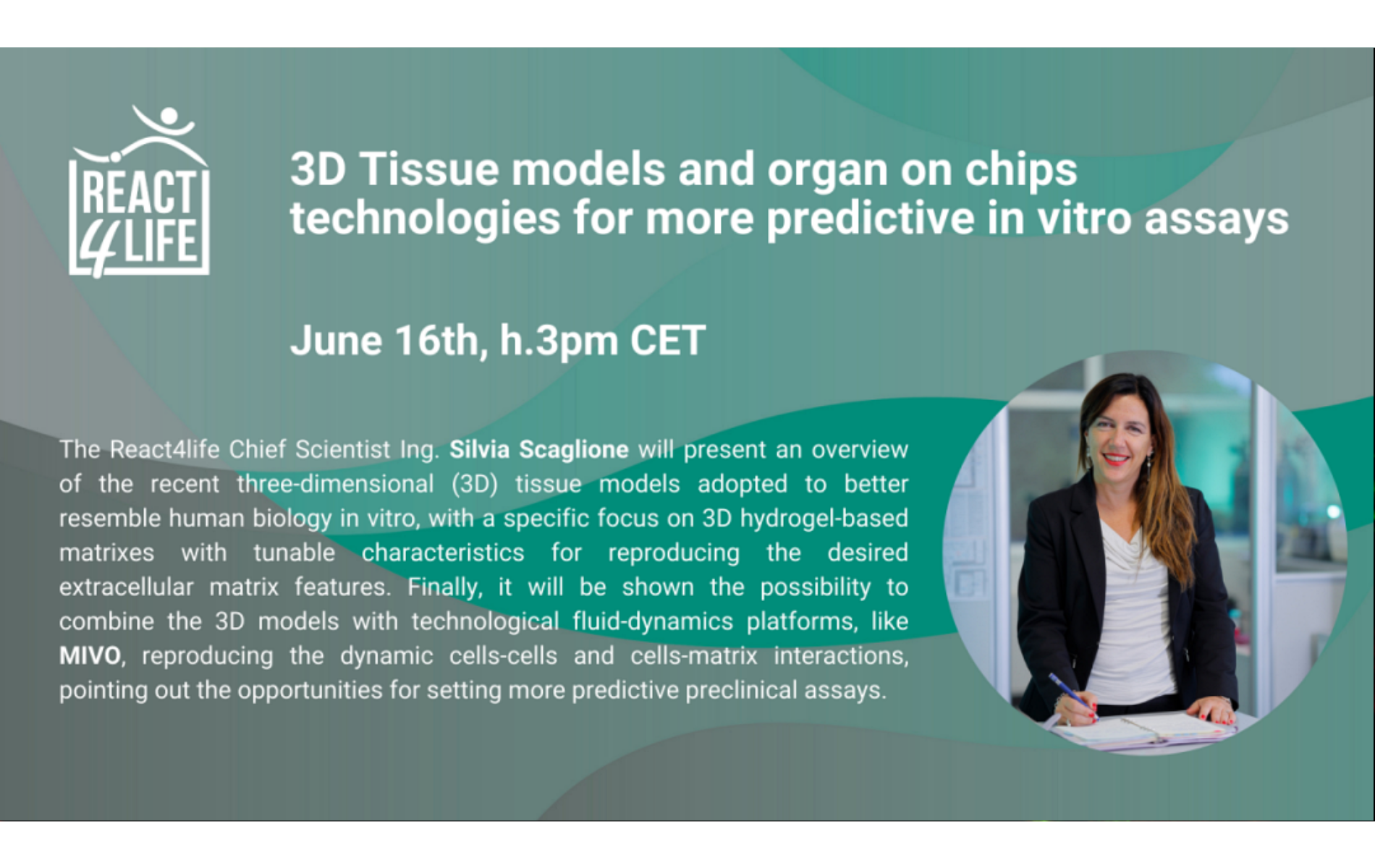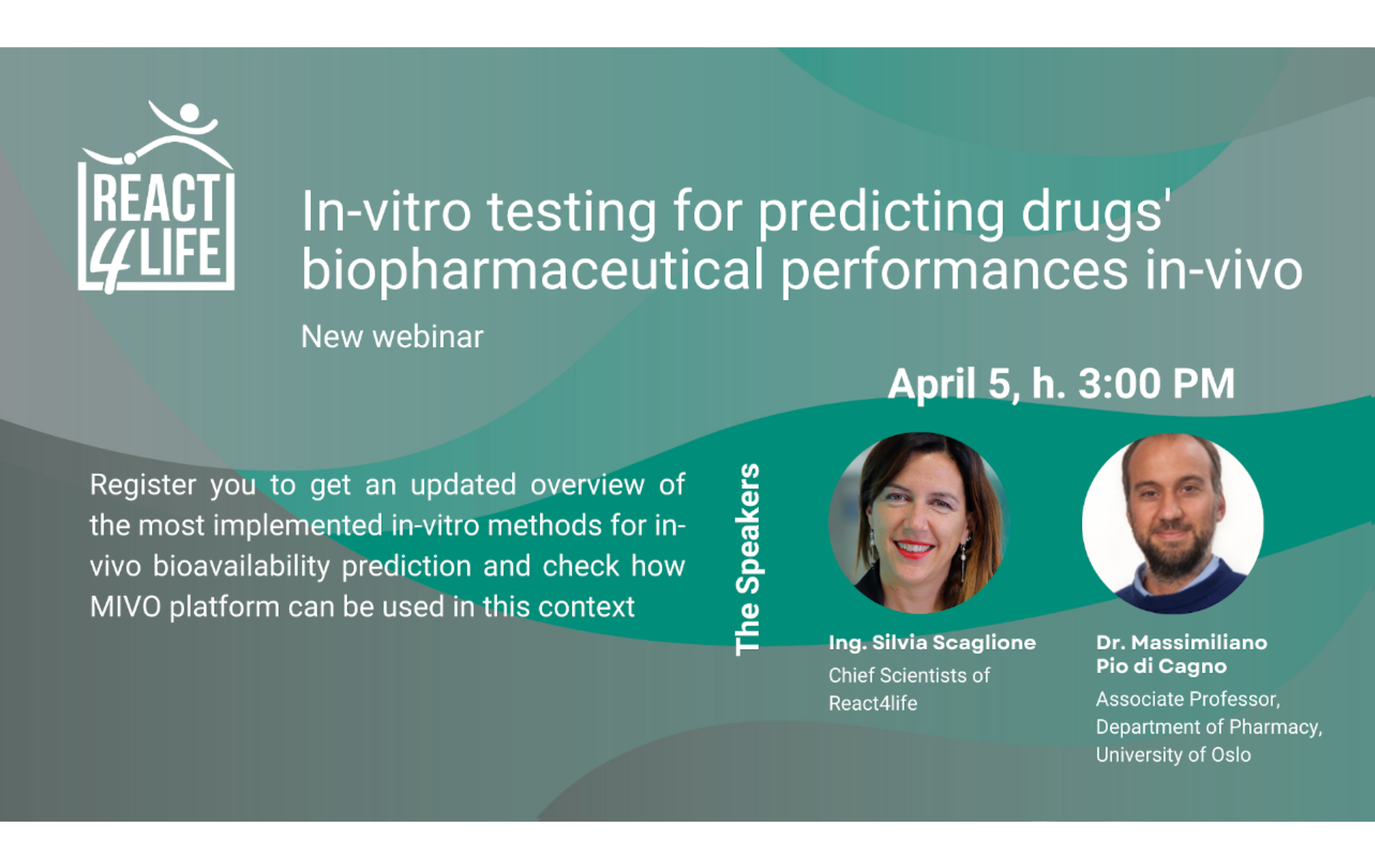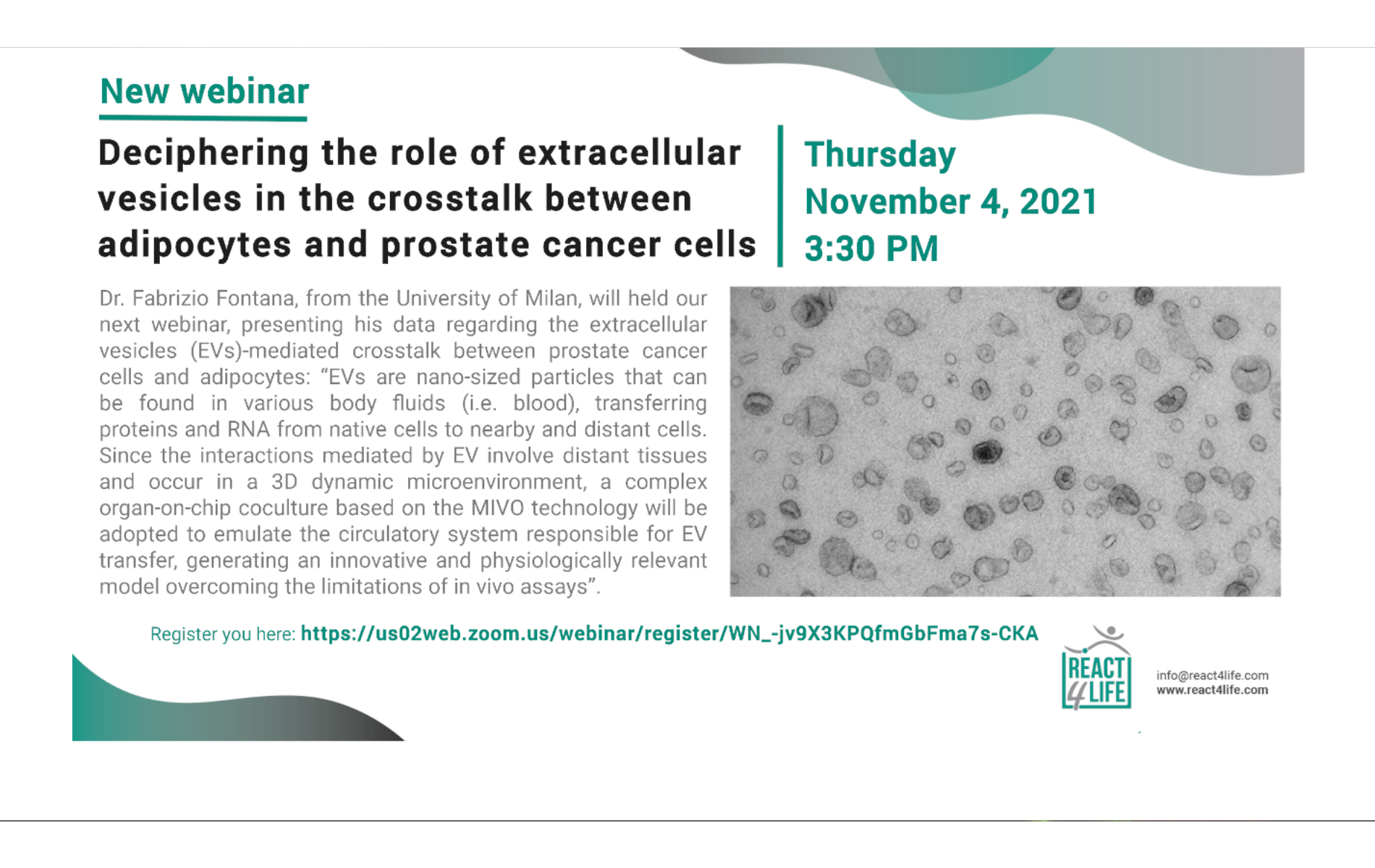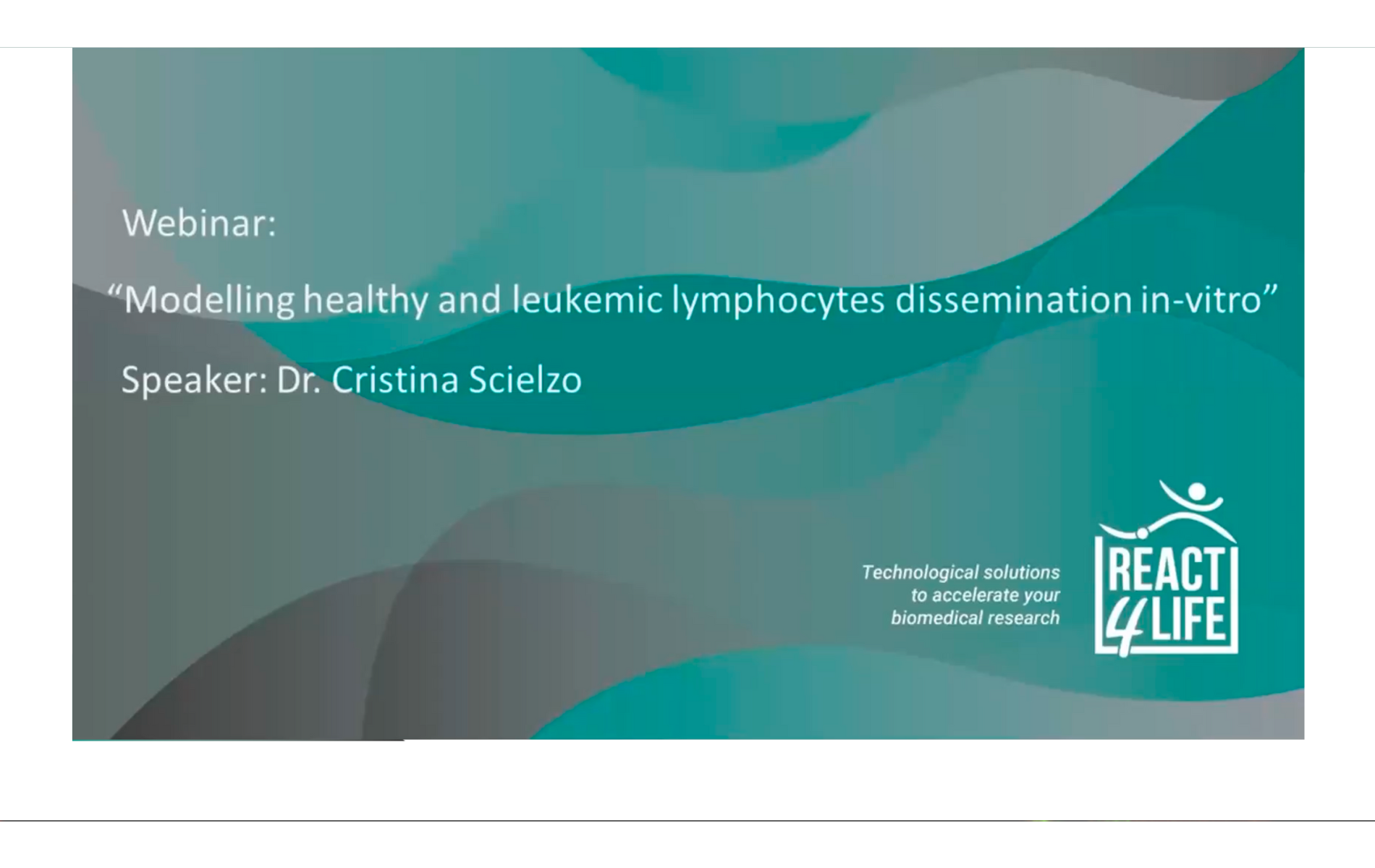A European Path to Human-Relevant Biomedical Research: AI, Organ-on-Chip and Regulatory Change
The global regulatory landscape for biomedical research and safety assessment is undergoing a profound transformation, driven by the growing recognition of the scientific limitations of traditional research models and frameworks and the need for more predictive, human-relevant approaches. In the United States, recent legislative and regulatory developments have increased flexibility in the acceptance of New Approach Methodologies (NAMs), accelerating the use of non-animal data in regulatory decision-making and setting important international precedents.
Within this evolving global context, Europe is pursuing a structured and coordinated transition toward human relevant models through policy roadmaps, regulatory reforms, and dedicated infrastructures. Initiatives such as BimmoH, the first AI-powered public database dedicated to experimental models based on human biology, and the forthcoming European roadmap to modernize healthcare and research approaches, signal a clear commitment to data-driven, human-based innovation. At the same time, organ-on-chip technologies are enabling more integrated, mechanistic, and predictive testing strategies, with the potential to support regulatory confidence and practical implementation.
This webinar will focus on the European perspective, while drawing meaningful comparisons with developments in the United States, to explore how AI and organ-on-chip technologies can support the transition from policy ambition to regulatory practice.
Through a panel discussion bringing together expertise at the interface of science, policy, and technology development, the session will examine current European actions, key implementation challenges, and the conditions required for pragmatic, coordinated, and measurable adoption of NAMs.
INFO
About the speakers
ABOUT THE SPEAKERS
Dr. Marco Straccia is a neuroscientist and founder of FRESCI, an agency operating at the interface of science, innovation and policy within the European ecosystem. Through FRESCI, he develops concrete, data-driven solutions to support the transition toward human-relevant research, including BimmoH , the first AI-powered public database dedicated to experimental models based on human biology, and NATWorks the first AI-powered public database mapping companies operating in the ecosystem. Working closely with the key stakeholders, Dr. Straccia contributes to transparent and structured processes aimed at modernizing biomedical research and regulatory science. His work focuses on enabling pragmatic, coordinated, and measurable implementation of innovation at the European level.
Dr. Maurizio Aiello is CEO of React4life, a leading company in organ-on-chip technologies. With over a decade of experience bridging science, industry, and policy, he has served as Italian Delegate to the European Commission for the H2020 programme, representing Italy in EU research and innovation initiatives. He has held strategic roles including President of the Ligurian Technology District and Board Member of the International Institute of Communications. Currently, he participates in global committees that unite pharmaceutical companies, regulatory bodies, and organ-on-chip developers to accelerate adoption of innovative, non-animal testing approaches.
Explore past sessions, expert insights, and access recorded sessions
Past Webinars
Explore past sessions, expert insights, and access recorded sessions


